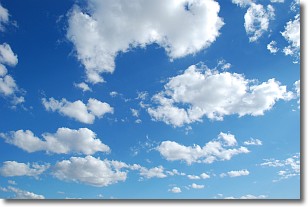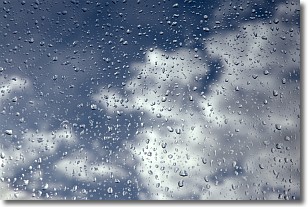Weather Alert in North Carolina
High Surf Advisory issued August 18 at 4:30AM EDT until August 21 at 8:00PM EDT by NWS Newport/Morehead City NC
AREAS AFFECTED: West Carteret; Coastal Onslow
DESCRIPTION: * WHAT...For the High Surf Advisory, large breaking waves of 7 to 12 feet expected in the surf zone. For the Coastal Flood Watch, significant oceanside inundation above ground level likely in low-lying areas near shorelines and tidal waterways. * WHERE...West Carteret and Coastal Onslow Counties. * WHEN...For the High Surf Advisory, from noon Tuesday to 8 PM EDT Thursday. For the Coastal Flood Watch, from Tuesday afternoon through Thursday evening. * IMPACTS...Moderate to potentially significant inundation above ground level along the oceanside. Large waves will likely cause severe beach and coastal damage. Waves will likely severely damage dune structures in some areas. This will likely result in damage to property along the oceanside including some property located immediately behind dune structures. Actions should be taken to protect life and property. Very dangerous swimming and surfing conditions expected, as well as the wave action resulting in significant beach erosion. Rip currents can sweep even the best swimmers away from shore into deeper water. * ADDITIONAL DETAILS...This is expected to be a prolonged duration event, with the potential for some roads along the immediate coast to be impassable at times, especially around times of high tide. Areas of greatest concern: North Topsail Beach to Atlantic Beach.
INSTRUCTION: If travel is required, allow extra time as some roads may be closed. Do not drive around barricades or through water of unknown depth. Take the necessary actions to protect flood-prone property. Inexperienced swimmers should remain out of the water due to dangerous surf conditions.
Want more detail? Get the Complete 7 Day and Night Detailed Forecast!
Current U.S. National Radar--Current
The Current National Weather Radar is shown below with a UTC Time (subtract 5 hours from UTC to get Eastern Time).

National Weather Forecast--Current
The Current National Weather Forecast and National Weather Map are shown below.

National Weather Forecast for Tomorrow
Tomorrow National Weather Forecast and Tomorrow National Weather Map are show below.

North America Water Vapor (Moisture)
This map shows recent moisture content over North America. Bright and colored areas show high moisture (ie, clouds); brown indicates very little moisture present; black indicates no moisture.

Weather Topic: What are Cumulonimbus Clouds?
Home - Education - Cloud Types - Cumulonimbus Clouds
 Next Topic: Cumulus Clouds
Next Topic: Cumulus Clouds
The final form taken by a growing cumulus cloud is the
cumulonimbus cloud, which is very tall and dense.
The tower of a cumulonimbus cloud can soar 23 km into the atmosphere, although
most commonly they stop growing at an altitude of 6 km.
Even small cumulonimbus clouds appear very large in comparison to other cloud types.
They can signal the approach of stormy weather, such as thunderstorms or blizzards.
Next Topic: Cumulus Clouds
Weather Topic: What is Drizzle?
Home - Education - Precipitation - Drizzle
 Next Topic: Evaporation
Next Topic: Evaporation
Drizzle is precipitation in the form of water droplets which are
smaller than raindrops.
Drizzle is characterized by fine, gently falling droplets and typically does not
impact human habitation in a negative way. The exception to this is freezing drizzle,
a condition where drizzle freezes immediately upon reaching earth's surface.
Freezing drizzle is still less dangerous than freezing rain, but can
potentially result in hazardous road conditions.
Next Topic: Evaporation
Current conditions powered by WeatherAPI.com




